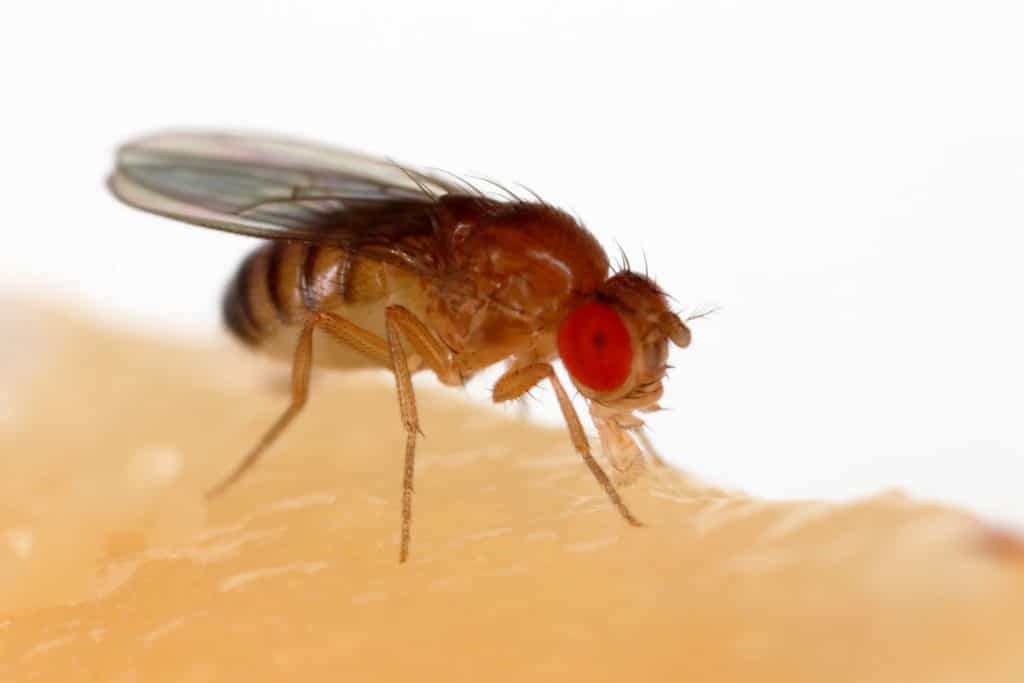Dark, cold mornings can make getting out of bed a harder task than it already is. Staying snuggled under a warm duvet is a much more inviting prospect.
But why it is so hard to get out of bed when it’s cold. Scientists seem to find out the reason.
Changes in temperature influence behavior on both short and long time scales. An important question is how sensory stimuli are parsed into neural signals operating over such diverse temporal scales.
A new study by the Northwestern University neurobiologists uncovers a specialized circuit. The research conducted on fruit fly revealed that a “thermometer” circuit relays information about external cold temperatures from the fly antenna to the higher brain.
Scientists also revealed how this circuit seasonally cold and dark conditions could inhibit neurons within the fly brain that promote activity and wakefulness, particularly in the morning.
Marco Gallio, associate professor of neurobiology in the Weinberg College of Arts and Sciences, said, “By studying behaviors in a fruit fly, we can better understand how and why temperature is so critical to regulating sleep.”
Drosophila is a classic model system for circadian biology, the area in which scientists study the mechanisms controlling our 24-hour cycle of rest and activity. The focus of much current work is on how changes in external cues such as light and temperature impact rhythms of exercise and sleep and how the cues reach the specific brain circuits that control these responses.
While recognition of environmental temperature is critical for small “cold-blooded” fruit flies, humans are still creatures of comfort and are consistently looking for ideal temperatures. Some portion of the explanation humans look for ideal temperatures is that core and brain temperatures are personally attached to the induction and maintenance of sleep. Seasonal changes in daylight and temperature are also attached to changes in sleep.

Gallio said, “Temperature sensing is one of the most fundamental sensory modalities. The principles we are finding in the fly brain — the logic and organization — may be the same to humans. Whether fly or human, the sensory systems have to solve the same problems, so they often do it in the same ways.”
Michael H. Alpert, a postdoctoral fellow in Gallio’s lab, said, “The ramifications of impaired sleep are numerous — fatigue, reduced concentration, poor learning and alteration of a myriad of health parameters — yet we still do not fully understand how sleep is produced and regulated within the brain and how changes in external conditions may impact sleep drive and quality.”
Dominic D. Frank, a former Ph.D. student in Gallio’s lab, said, “It is crucial to study the brain in action. Our findings demonstrate the importance of functional studies for understanding how the brain governs behavior.”
Journal Reference:
- Michael H. Alpert, A Circuit Encoding Absolute Cold Temperature in Drosophila. DOI: 10.1016/j.cub.2020.04.038
